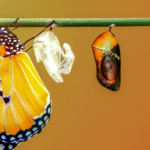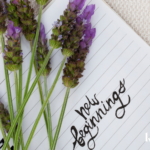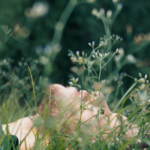1. Watching Sports Boosts Well-being and Improves Your Health, According to ‘Ground-breaking’ Research
Beyond simply providing entertainment and relaxation, watching sports fosters community and belonging, which benefits both individuals and their society.
Despite its recognized positive effects, limited evidence exists on the link between watching sports and well-being. To address this gap, the team of Japanese researchers used a multi-method approach and found that sports viewing activates brain reward circuits, leading to improved well-being.
This is especially true when watching popular sports like baseball or football, which can notably boost both physical and mental well-being. Their research offers insights for public health policies and individual well-being enhancement.
Led by Associate Professor Shintaro Sato from the Faculty of Sport Sciences at Waseda University, the team found that watching sport—particularly in large crowds—goes “beyond entertainment” by fostering a sense of community and personal belonging.
2. World’s Oldest Bird Named Wisdom Lost Her Mate But is Courting New Suitors at 72
The world’s oldest bird may have lost her mate, but she’s now courting new suitors in her 70s. The Laysan albatross named Wisdom, was photographed dancing with potential mates on Midway Atoll National Wildlife Refuge, the seabird’s home.
Thought to be around 72 years old and recognized by her band number Z333, she returned again for nesting season in late November.
Her long-time mate, Akeakamai, has yet to be seen and was absent the last two nesting seasons. But Wisdom was spotted in the spring socializing with other male birds.
Laysan albatross females lay a single egg in the first half of December, said Jonathan Plissner, supervisory wildlife biologist at the national wildlife refuge.
3. After Childhood Cancer Diagnosis, Donor Bone Marrow from Little Sister Sends it into Remission
A young girl in the English city of Sheffield has seen her rare blood cancer go into complete remission, and she has her even younger sister to thank for it.
Diagnosed with acute lymphoblastic leukemia (ALL) in 2020 at age 6 after collapsing in the school playground, the family was desperate for donor stem cells from bone marrow to treat the rare form of the disease.
Remarkably, it was none other than 6-year-old Ruby Leaning’s 2-year-old sister, Mabel, who came up as a perfect match and was able to donate her bone marrow to keep Ruby alive and treat her cancer.
It was a long and difficult road that involved scares and good fortune. Ruby’s grandmother, Amanda Fawcett, spoke to SWNS about how difficult it was.
“It’s every parent’s nightmare… I was in the room with her mom when we found out, and you just can’t take anything in at all. It was all just heart-shattering,” she said.
Typically, ALL is treatable with just chemotherapy, but the kind which Ruby had been diagnosed with required a bone marrow transplant in addition.






